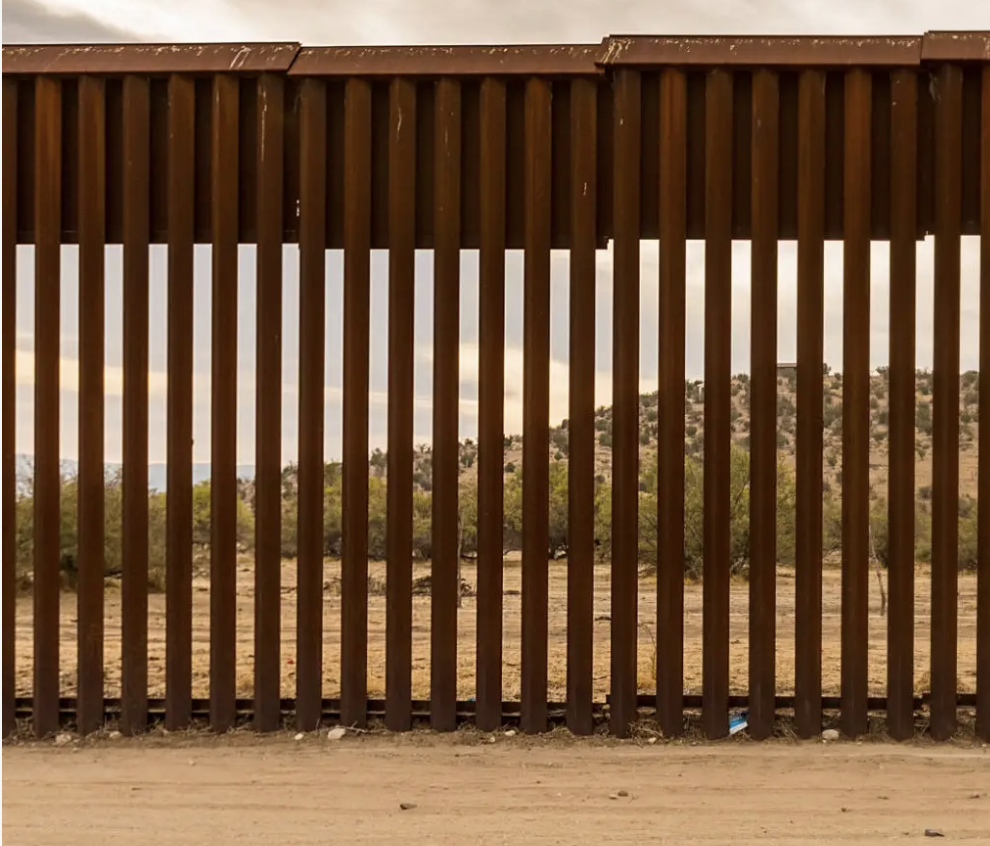An immigrant’s story of struggle in the United States
Carlos Restrepo
– Editor-in-Chief –
In his house in University City, there is not a single picture of Juan Borrero, a Colombian immigrant, in which he is not smiling. Along with friends and family, the framed portraits show a history of happiness. His smile however, hides a story of struggle, loss and uncertainty. Borrero, a graduate with an M.B.A from Lindenwood University, didn’t come to America to pursue the American dream like many others. Borrero came to America so he could hold on to his life. He didn’t know that he was going to be denied his happiness.
Back in 2001, Borrero worked as an engineer in the city of Cali, Colombia, until his boss was kidnapped and assassinated.
For his job Borrero had to show companies, some of them foreign, the land they could begin their excavation work for different types of mines. Soon, the Revolutionary Armed Forces of Colombia (FARC) an illegal, communist guerrilla group which has an intense dislike for foreign companies took notice of Borrero’s company and warned them to stop. Borrero and his company continued their work.
After his boss was killed, he decided not to risk his life and came to St. Louis to live with a friend. He arrived in America in August of 2003. “Everything completely changed for me,” Borrero said. “From having a decent life with a good job in Colombia, I had to come to America to learn a new language, wait for my immigration process to be solved so I could work, and try to survive the best I could.” In July of 2004, he finally got permission to work as a resident.
“That period of not having papers was very tough,” Borrero said. “I had to do anything to survive, and a lot of people humiliated me. Even other Hispanics humiliated me. That’s sad that people from your own kind turn the back on you, but I had to keep on going. When I finally got my papers, things started to change slowly.”
Slowly, but not surely.
Borrero got a job as a support engineer for Barry Wehmiller, a manufacturing company, but was laid off recently due to the recession. Bad news continued on his way when doctors at Barnes Jewish Hospital told him he suffered from cystic fibrosis, a chronic disease that affects the lungs and digestive system. According to the Cystic Fibrosis Foundation, the predicted median age of survival is 37 years.
Borrero is 35.
After finding out the news, Borrero’s parents applied for a Visa to come to the United States so they could accompany their son and give him support during his treatment.
The process of getting a Visa to travel to the U.S. takes about a year. The first year the American Embassy in Colombia denied the permission to Borrero’s parents. They had to wait for another year. Borrero’s mother, Estela Gomez, was the only one planning to come in 2007, the Visa was denied and no reason was given for the rejection. Gomez, 64, tried once again in 2008. This time, doctors from Barnes Jewish Hospital sent letters to the American Embassy, stating that a psychological support from his parents could help the patient.
For the third time, the Visa was denied.
“We were convinced this time she was going to get the Visa,” Borrero said. “It was extremely tough for me. I have a very difficult disease that requires the support of my family, but they do not care if I am dying. This is a human rights issue,” Borrero said. “I am a tax-paying resident, who has spent six years in America. All I want is to see my family again.”
One statement Borrero wanted to make clear is that he does not support illegal immigration.
“It is unfair that people who came here legally, and have a residency and they pay their taxes and are good citizens are not given the attention they give illegal immigrants,” Borrero said.
What happened to “Life, liberty, and the pursuit of happiness”? Why can’t people who come to America and demonstrate that they are good residents be treated with the same rights of a citizen? The American dream has completely lost its meaning.
In two more years, if he survives his disease, Borrero will finally become a U.S. citizen and will be able to travel to Colombia.
Two years that America owes to Borrero, for taking away his right to see his family.










